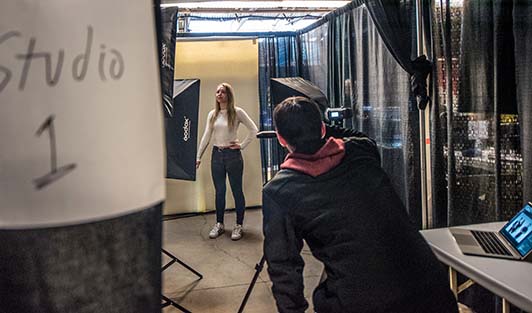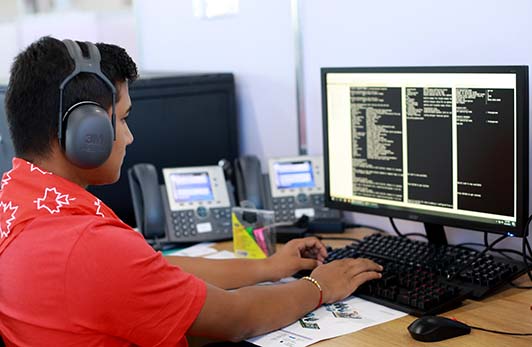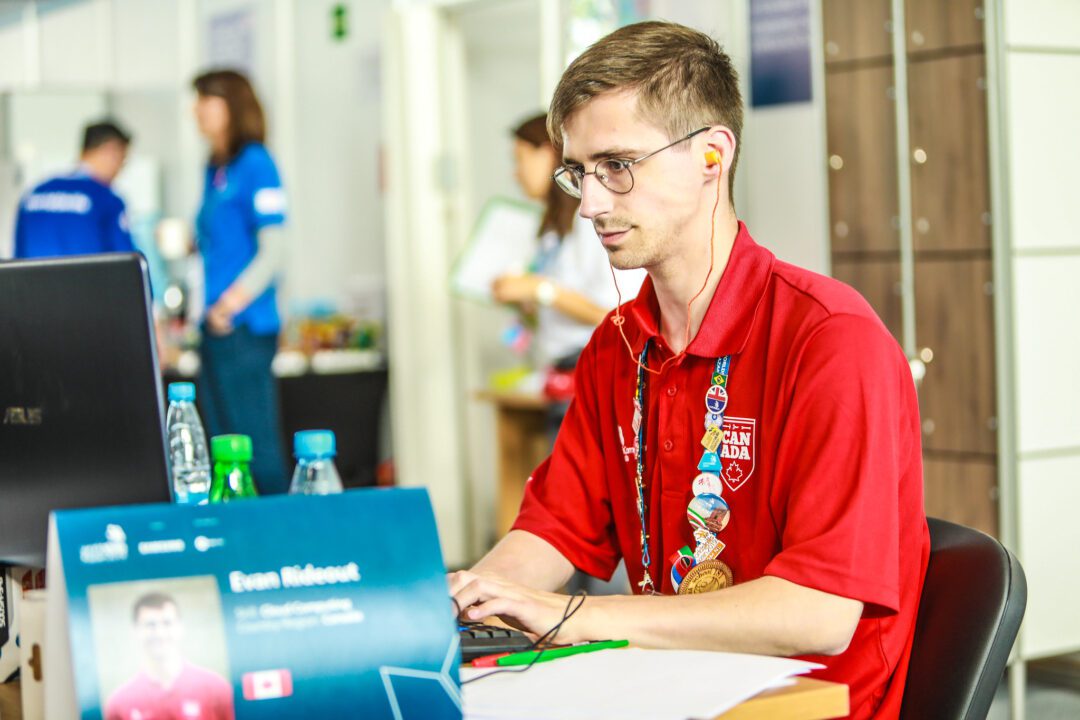Photography
What is photography?
A photographer uses various techniques, such as enhancing lighting or using specialized filters or lenses, to set the scene for film or digital photographs. Photographers who shoot digital images then upload them to a computer, while those who use film cameras outsource their film for processing or develop it themselves. Photographers also use computer software to modify images, such as cropping them or correcting their color.
Photographers may focus their work on a particular specialty, like portrait photography, wedding photography, artistic photography, scientific photography, or industrial photography.
Photographers perform some or all of the following duties:
- Study requirements of a particular assignment and decide on type of camera, film, lighting and background accessories to be used
- Determine picture composition, make technical adjustments to equipment and photograph subject
- May operate scanners to transfer photographic images to computers
- May operate computers to manipulate photographic images
- May adapt existing photographic images and create new digitized images to be included in multimedia/new media products
- May use delicate instruments, such as optical microscopes attached to cameras
- May process exposed film
- May use airbrush, computer or other techniques to retouch negatives
- Medical photographers may work closely with medical illustrators
HOW TO JOIN THE FIELD
A 2-year college diploma in photography, creative photography, digital photography, or photojournalism or A bachelor’s degree in visual arts with specialization in photography or Completion of specialized training in photography in high school, college or specialized training schools or Extensive on-the-job training under the supervision of a photographer is required.
Experience in, or knowledge of computerized photography or digital imaging may be required.
Creative and technical ability, as demonstrated by a portfolio of work, are required.
INDIGENOUS AND REMOTE CONSIDERATIONS
Indigenous and remote communities are catching up to southern Canada when it comes to digital technology and computer skills and industries. Not all communities have access to reliable, affordable internet and service interruptions are all too common. Access to computers at home is not a given for everyone and Elders and even sometimes younger generations lack computer knowledge, although this situation is undergoing some significant changes at the moment. But even those people in Indigenous and remote communities with interest and high-level skills in computers may not have the same access to opportunities to learn about different programs and may face significant bandwidth issues, limiting their ability to learn and develop in this field. Indigenous and remote students may need qualifying courses or need to augment college learning to be successful in this field.
Although with significant improvements currently underway to internet connections in Indigenous and remote communities, careers in this field become more viable and are likely to become more so in years to come.
DISABILITY CONSIDERATIONS
Since this job may require sitting at a computer for long periods of time, people with visual disabilities may find it challenging. They may require specialized screens. Also, as it may require sitting for long periods of time, people with certain physical disabilities may struggle as well. Accommodations such as standing desks may make the work more comfortable and ergonomic. However, the fact that this work is digital in nature, may make it attractive to people with mobility disabilities, as they may be able to perform most of the work duties from the comfort of their home. People with learning disabilities may require extra support in post-secondary as well as on the job to ensure their success.
Find the right career path for you with our interactive map!
Trouvez le cheminement de carrière qui vous convient grâce à notre carte interactive!
Sample Job Titles
- Aerial photographer
- Commercial photographer
- Industrial photographer
- Photojournalist
- Portrait photographer
- Scientific photographer
Companies and Sectors
- Corporate offices
- Self-employed
- Media outlets
- Newspapers
- Freelance photographers

Photography and the Skills for Success Program
The key Skills for Success for this career path are:
- Digital
- Communication
- Creativity & Innovation




